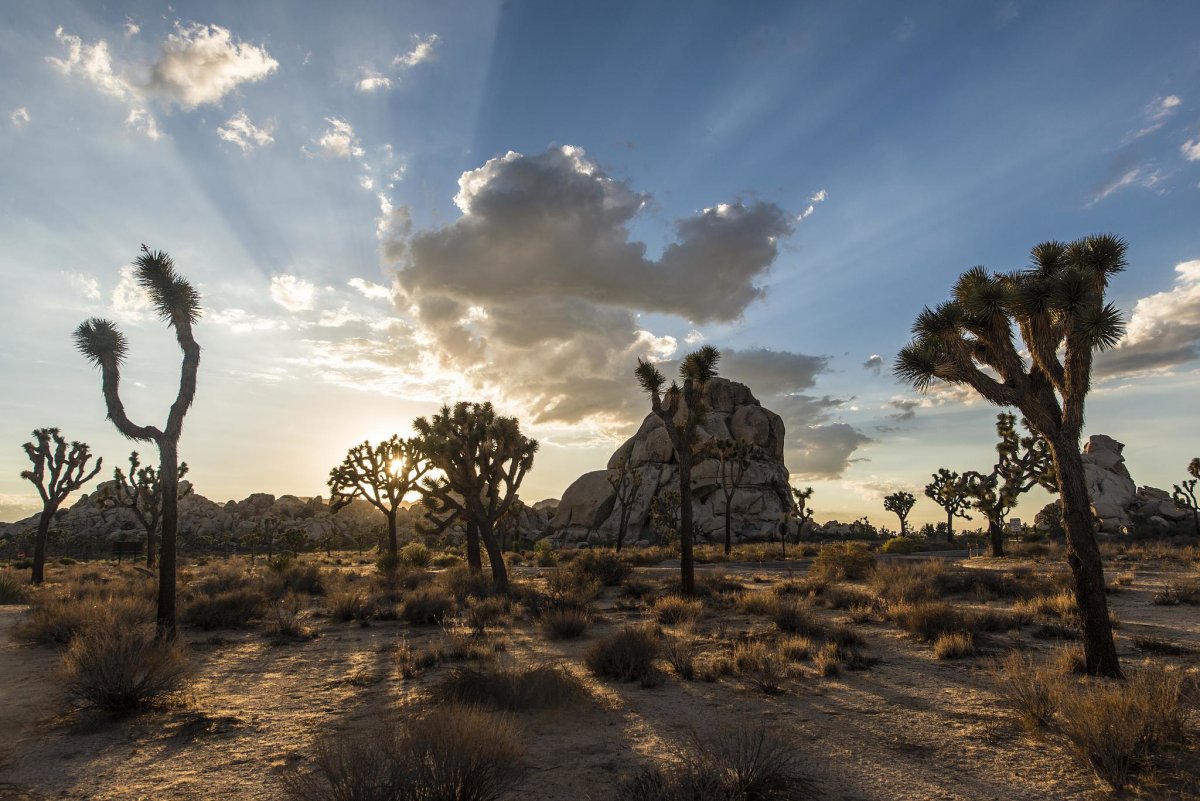Western Joshua Trees: To Protect or Not to Protect?
That is the Question: Should western Joshua trees (Yucca brevifolia) receive legal protection in California?

Joshua Tree by Christopher Michel (CC BY 2.0)
Ed Piersa (he/him/his) is an avid vegetarian, crummy tennis player, and passionate Sierra Club volunteer. During his travels, he has lived in New York, Las Vegas, New Orleans, Los Angeles, Denver, and El Salvador.



Comments
Robert (not verified)
April 5, 2021 - 7:52pm
Permalink
Joshua Trees
Lindsay Fitch (not verified)
April 6, 2021 - 8:10am
Permalink
using Joshua tree land for solar
Shawn T Stoddard (not verified)
September 25, 2021 - 6:14am
Permalink
Joshua trees
Add new comment